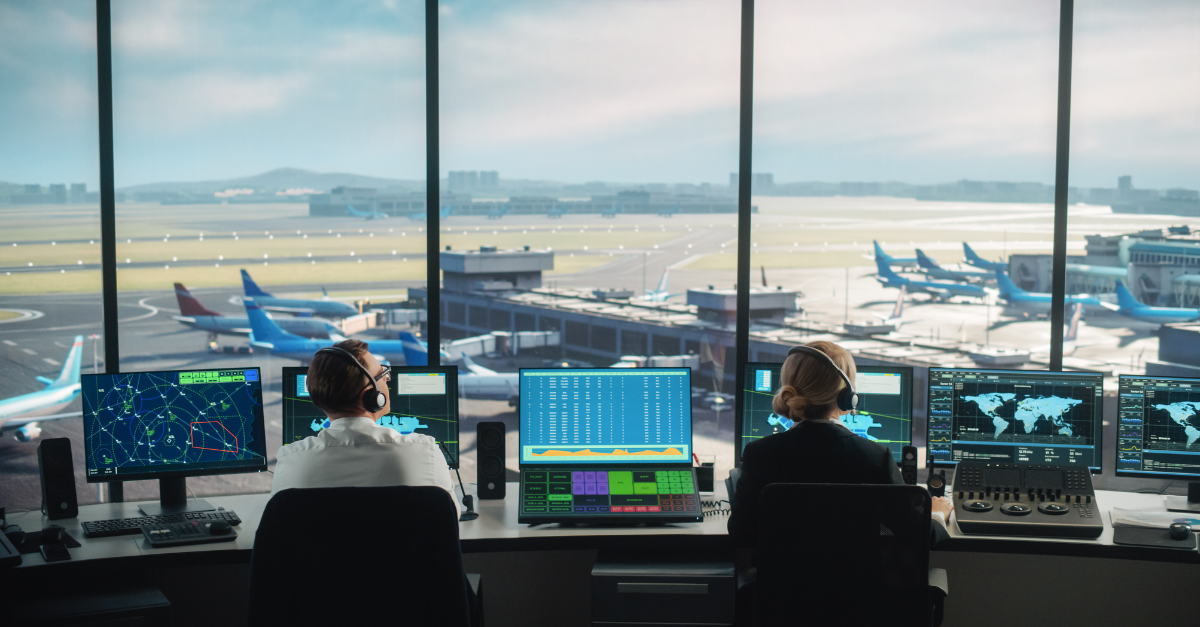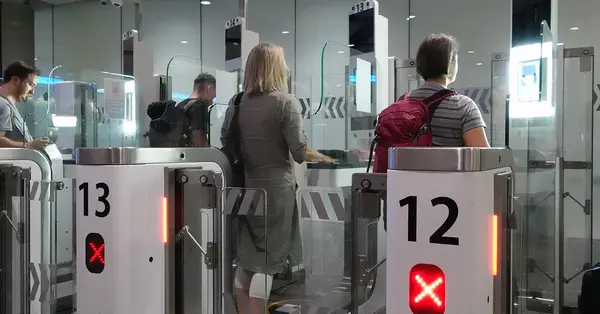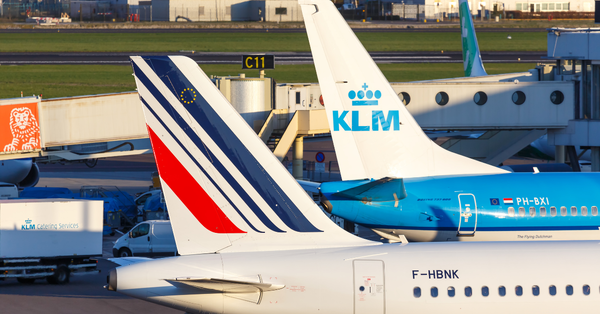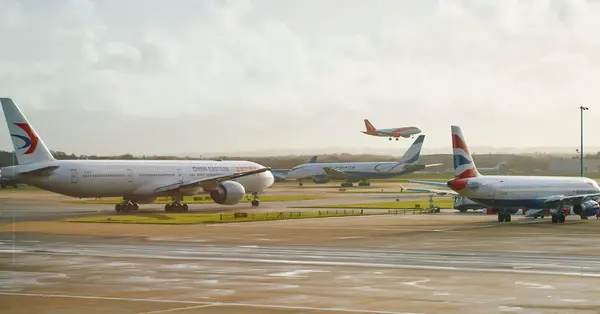You are viewing 2 of your 2 free articles
Flight data received by Nats caused air traffic shutdown
The National Air Traffic Service (Nats) has revealed the technical failure which caused widespread travel chaos on Monday and Tuesday was caused by “some of the flight data we received”.
Thousands of passengers have been stranded overseas and in the UK as airlines try to clear the backlog of departures.
The data processing glitch on Monday caused Nats to revert to a manual system of air traffic control so far fewer flights could be handled.
Martin Rolfe, Nats chief executive, said: “Initial investigations into the problem show it relates to some of the flight data we received.
“Our systems, both primary and the back-ups, responded by suspending automatic processing to ensure that no incorrect safety-related information could be presented to an air traffic controller or impact the rest of the air traffic system. There are no indications that this was a cyber-attack.”
More: Aviation experts call for ‘reality check’ after ATC meltdown
Agents call for better communications after flights disruption
The Telegraph reported that a single rogue flight plan from an airline was blamed for the IT glitch, while Rolfe told the BBC said measures were now in place to protect against the “incredibly rare” system failure.
Rolfe told the BBC:“If that happens again, we can resolve it very, very quickly.
“We understand the way the system didn’t handle the data…the way it failed, if you like.”
Michael O’Leary, chief executive of Ryanair Group, said on Tuesday that it was “not acceptable” the UK air traffic system had gone down without a back-up.
He said: “Where were their backup systems? It’s not acceptable that UK Nats simply allow their computer systems to be taken down and everybody’s flights get cancelled or delayed.”
Willie Walsh, Iata’s director general, also branded the IT failure as “unacceptable”, saying: “Nats has crucial questions to answer about their responsibility for this fiasco.
“The failure of this essential service is unacceptable and brings into question the oversight of the CAA who are required to review the Nats resilience plan under the terms of its licence.
“This incident is yet another example of why the passenger rights system isn’t fit for purpose. Airlines will bear significant sums in care and assistance charges, on top of the costs of disruption to crew and aircraft schedules. But it will cost Nats nothing.
“The UK’s policymakers should take note. The passenger rights system needs to be rebalanced to be fair for all with effective incentives.”
Nats resolved the fault about three hours after announcing it just before midday on Monday but widespread disruption had already occurred and the knock-on effects are continuing.
Rolfe said Nats is working with the Civil Aviation Authority to investigate the incident and will provide a preliminary report to the transport secretary, Mark Harper. The conclusions of this report will be made public.
Harper chaired a meeting on Tuesday afternoon about the air traffic control disruption with Nats, the CAA, airlines, airports, trade bodies and Border Force.
The Department of Transport said Nats briefed the meeting about what went wrong and airlines provided updates on their operations and the support offered to passengers.
The department has also put in place temporary alleviations to allow night flights at those airports it regulates.
Harper said: “Although the air traffic control system is back up and running, the knock-on effects of [the] disruption are likely to continue over the coming days.”
Stories of stranded passengers continued to hit the national headlines, with some travellers running out of medication or missing hospital appointments, while others are paying for new flights and hotels.
The Times said airlines were being criticised for failing to provide hotel rooms to stranded passengers who said they had been left to sleep on airport terminal floors.
It estimated a quarter of a million people have had their flights to or from Britain cancelled over the past two days.
Rory Boland, editor of Which? Travel said: “Already we’re seeing worrying reports of passengers being left stranded without support, and airlines failing to properly communicate with their passengers or fulfil their legal obligations such as offering timely rerouting or providing overnight accommodation.”


















